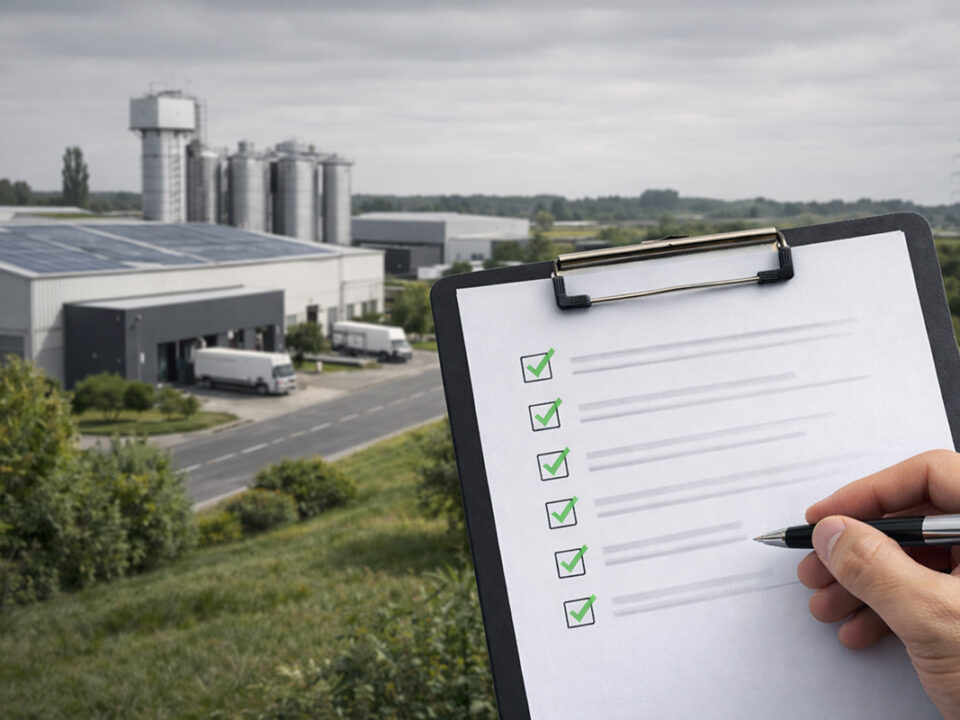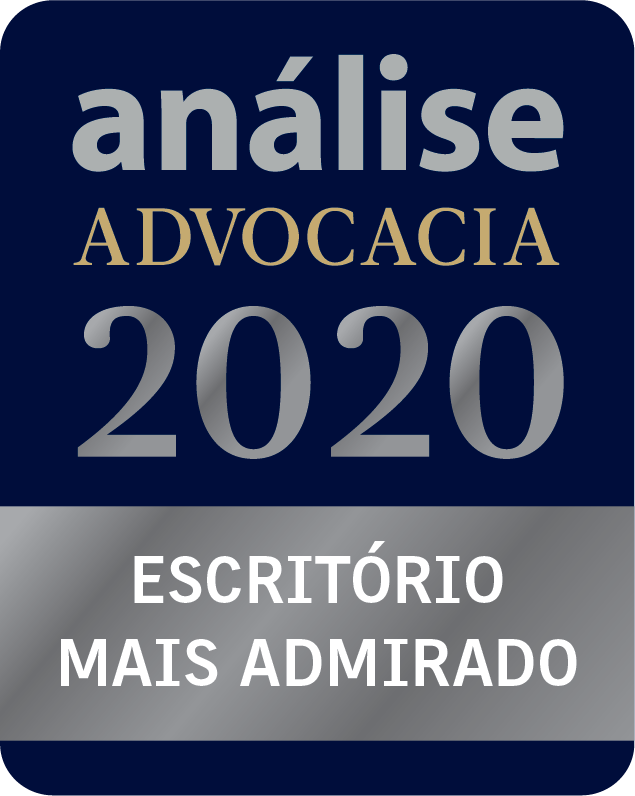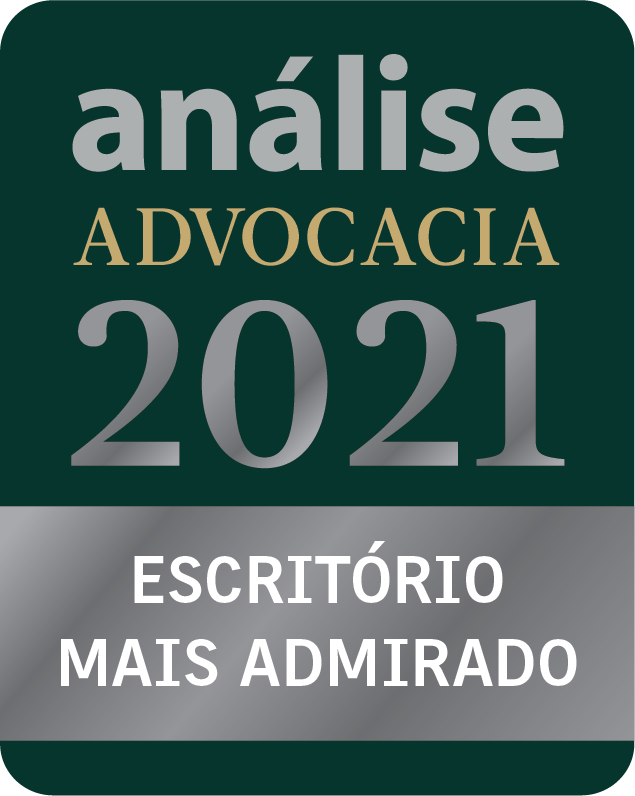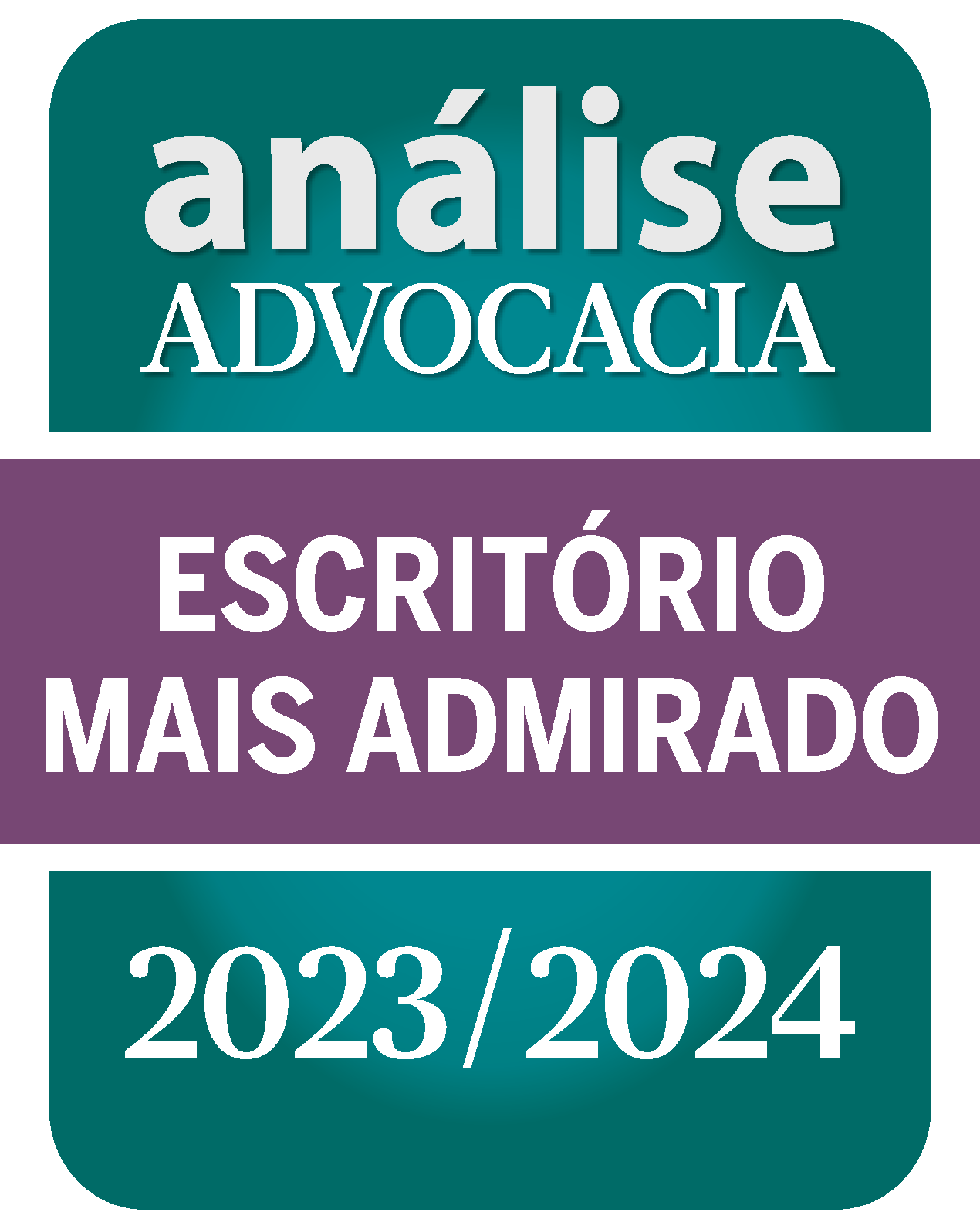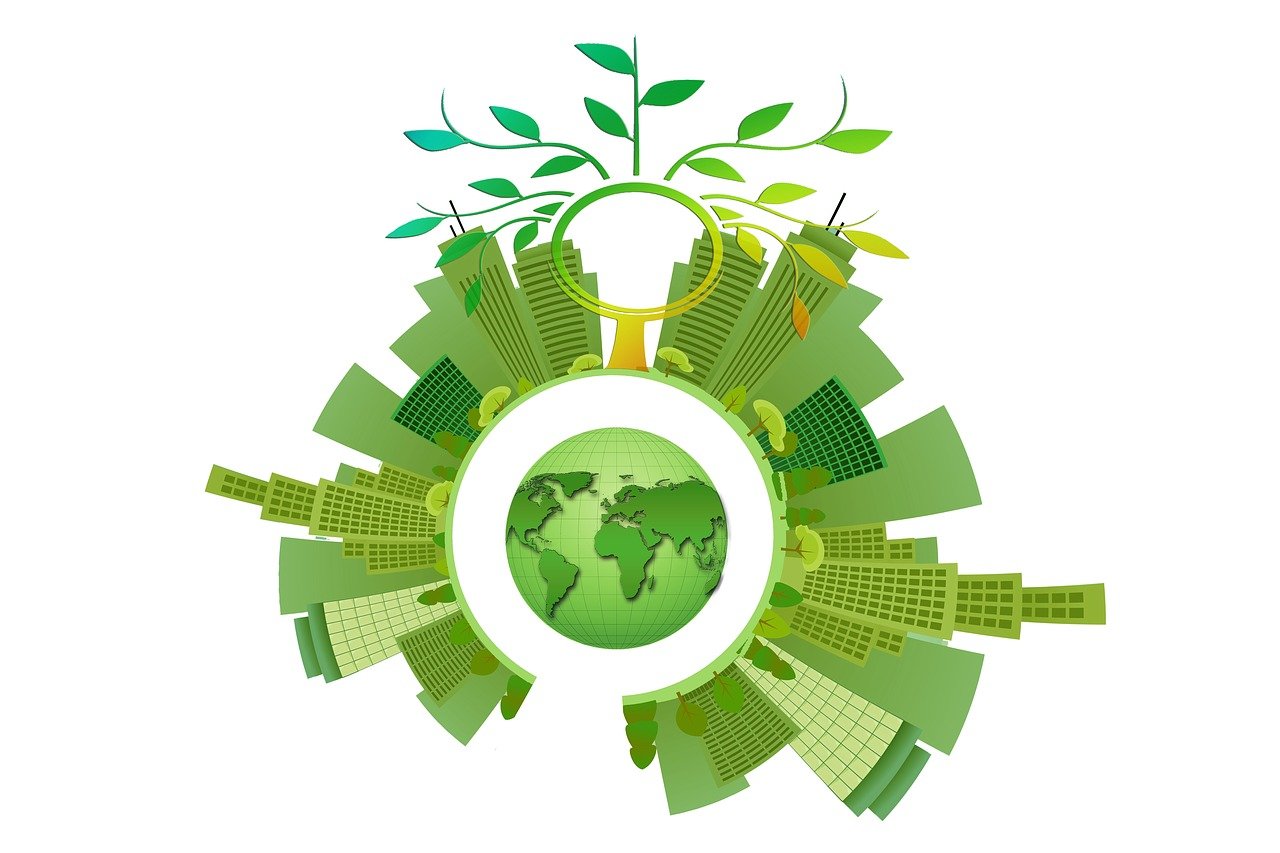
Como implementar um programa ESG na minha empresa?
25/08/2021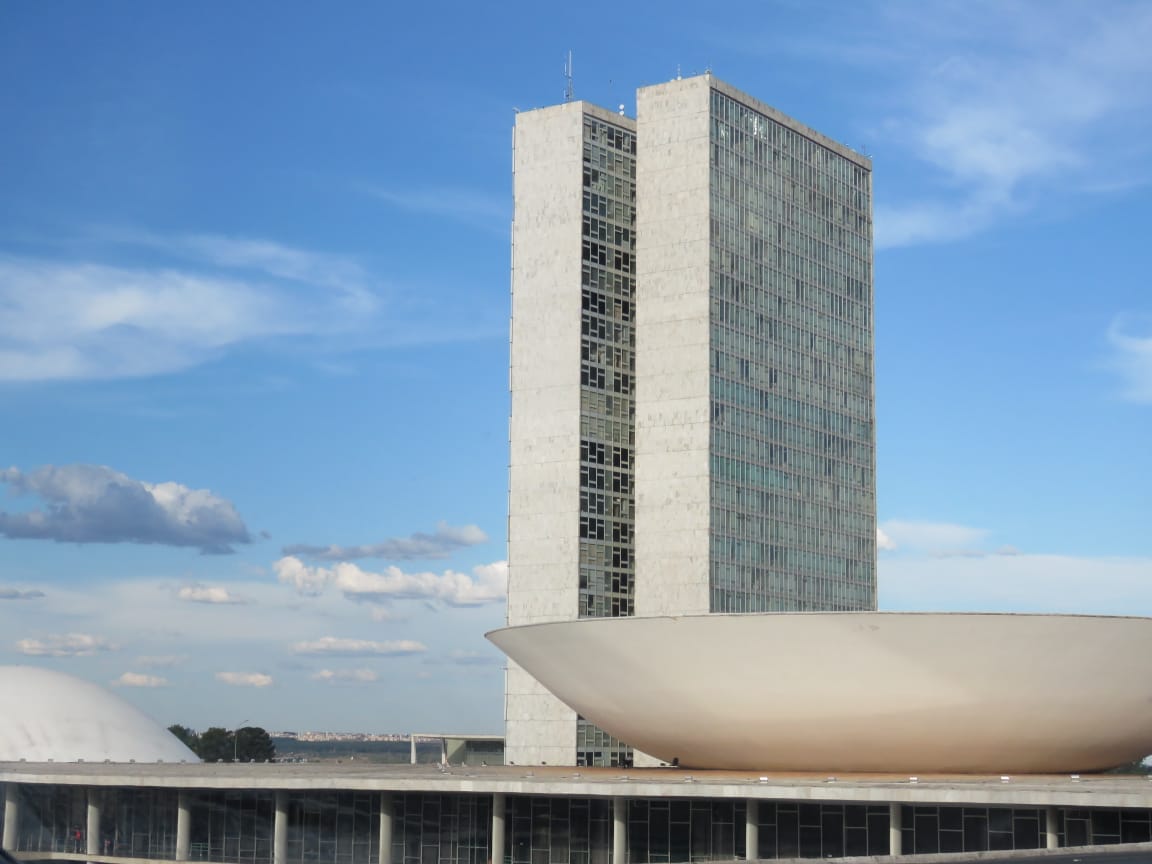
Câmara dos Deputados aprova Projeto de Lei que cria novas regras para a definição de APPs em Áreas Urbanas
26/08/2021Talking about ESG is all the rage in Brazil right now. One can hardly look around the web without finding a bunch of webinars and online courses and so on. Brazilian investors of all sorts (be it private investors, robot investors, mutual and hedge funds and the like) are more and more worried about using ESG criteria to screen companies worth investing in. This phenomenon really came into shape during 2021. Why? And what does this mean for potential foreign investors?
On one hand, this is a worldwide tendency. As the world talks more and more about global warming and the pandemic and such man made catastrophes, it seems natural that the new generations are suddenly worrying about just what they can do to make sure there’ll still be a planet Earth to live in a few years from now. Thinking about the role of private companies as relevant decision makers in this context is inevitable, no matter what orthodox economists such as Milton Friedman or Gregory Mankiw may have to say about it.
However, investing based on ESG criteria is hardly new everywhere. It’s Brazil in particular that has only recently adopted the label in full force. It’s hard to tell exactly why this happened. It may be that companies are trying to dissociate themselves from the controversial environmental policy (to say the least) adopted by the federal government – that’s the Financial Times’ theory. Or maybe it’s simply that investors have decided it’s time to start dancing along to the music that is playing everywhere.
Whatever the reason may be, the signs are ubiquitous. For example, B3, the biggest Brazilian stock exchange, has developed a set of indexes specifically focused on ESG criteria. The larger of those indexes, the ISE (Corporate Sustainability Index), has outperformed the general stock market index in recent months.
For larger companies, there’s a genuine concern on whether their suppliers are also adhering to such criteria – so the surge of worries about ESG criteria at the top of the pyramid ends up pressuring small and medium sized companies too.
For traditional Brazilian companies, a lot of this feels like learning to walk again. Potential investors are worried about more than simply short term financial results. It takes a lot of hard work to realign corporate governance and, specifically, information disclosure to the new market standards. Sustainability reports are more and more ceasing to be an exceptional measure taken by the more progressive CEOs and becoming the norm.
As national companies and investors struggle to find their place in this new scenario, foreign investors are faced with a myriad of opportunities. Not only traditional stock marketing investing, but direct financing of smaller companies are becoming greener pastures for investors worried about how their money impacts the world, and about the long-term prospects of the companies they choose to invest in. This is a whole new market, but one that is sure to grow – a sound investment, if there ever was one.
Publicado: 26/08/2021




